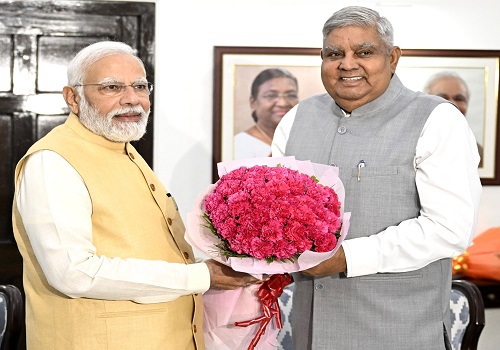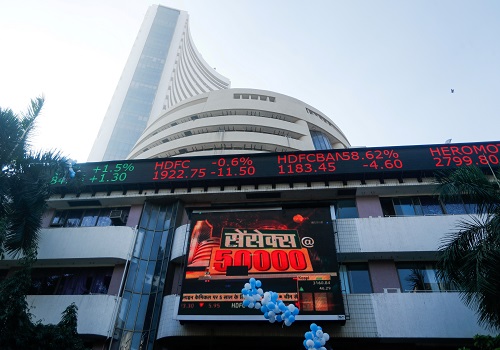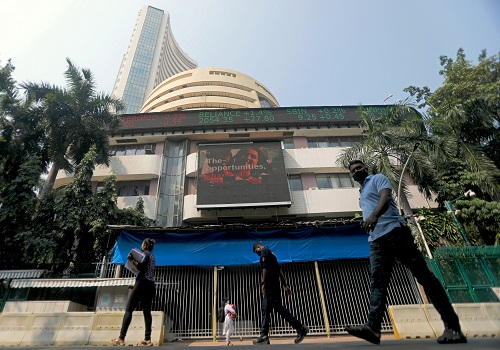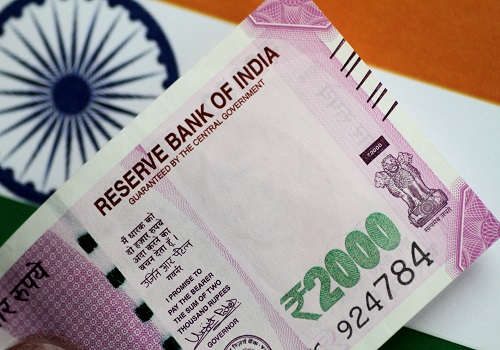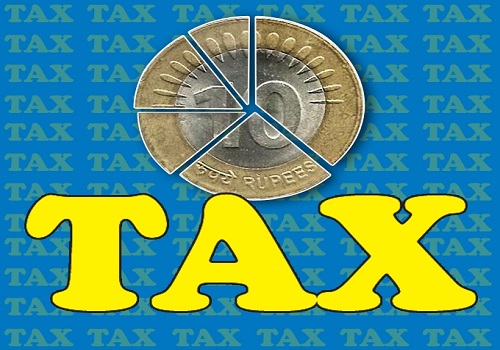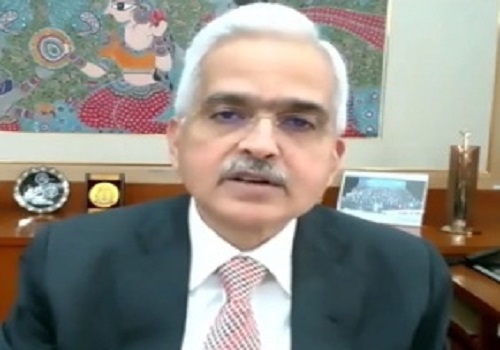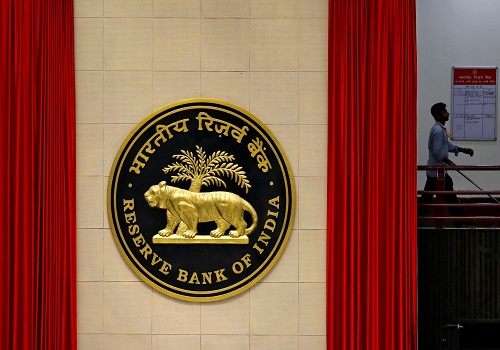Commodities surge could pressure India cenbank to normalise more quickly -S&P
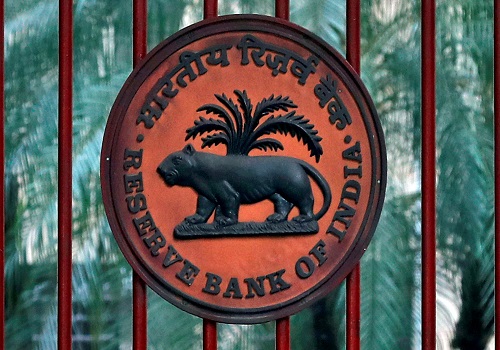
Follow us Now on Telegram ! Get daily 10 - 12 important updates on Business, Finance and Investment. Join our Telegram Channel
MUMBAI - The Reserve Bank of India may feel pressure to tackle inflation sooner than it expected following a surge in global commodity prices, sovereign ratings analyst Andrew Wood of S&P Global Ratings said on Thursday.
Although elevated, India's current ratio of debt to GDP, at about 90%, has already been factored into the agency's existing sovereign rating of BBB- with a stable outlook, Wood said on a regional conference call.
"We had expected a gradual start to the normalisation of rates and monetary policy as a whole from the RBI," he added.
"But should inflation breach its 4% to 6% target for a longer period of time, the central bank could face pressure to normalise more quickly."
The agency expects India to grow 9.8% in the current fiscal year, which ends in March, and stay above trend to achieve growth of 7.8% in fiscal 2022/23.
Wood said higher energy and electricity costs could crimp the buoyancy of private consumption and possibly take the wind out of the sails of an otherwise strong economic recovery now seen in India, but overall the picture was still positive.
"On the external front, India became a net external creditor country in the context of the COVID-19 pandemic, alongside a very fast foreign exchange reserves accumulation, so this is going to act as an additional buffer for its credit ratings for the time being," Wood said.
S&P expects duty cuts on petrol and diesel if global crude oil prices stay high.
Wood said the high commodity prices could worsen India's current account deficit and pressure the rupee lower but were unlikely to prove a concern from a credit ratings perspective.
"For the sovereign it is not as concerning as it may be in a variety of other countries," he added.
"That is merely because this government does not have very much at all in terms of foreign currency debt. Almost all of it is denominated in local currency."













